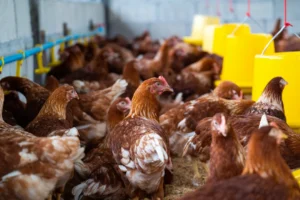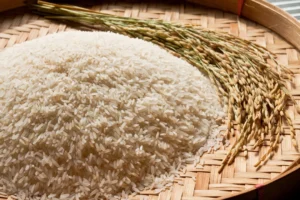Trade agreements play a crucial role in shaping the global agricultural commodities market. By establishing the rules and frameworks for international trade, these agreements can significantly influence the flow of goods, tariffs, and market access. Understanding the impact of trade agreements, such as Mercosur and new negotiations, is essential for businesses in the agricultural commodities sector to navigate opportunities and challenges. In this post, we will explore how these agreements affect the trade of agricultural commodities and the potential benefits they offer.
Trade agreements like Mercosur, which involves Argentina, Brazil, Paraguay, and Uruguay, aim to promote free trade and economic cooperation among member countries. By reducing tariffs and other trade barriers, these agreements facilitate the movement of agricultural commodities across borders, making it easier for businesses to access new markets. However, the implementation of such agreements can also present challenges, such as compliance with new regulations and standards.
New trade negotiations and agreements continue to emerge, reflecting the dynamic nature of global trade. These negotiations can open up new opportunities for businesses in the agricultural commodities sector by providing access to previously untapped markets. However, staying informed about the latest developments in trade agreements is crucial for businesses to capitalize on these opportunities and mitigate potential risks.
Mercosur and Its Impact
Mercosur, one of the largest trade blocs in South America, has a significant impact on the agricultural commodities trade. The agreement aims to promote free trade and economic cooperation among its member countries by reducing tariffs and eliminating trade barriers. For businesses in the agricultural commodities sector, Mercosur offers several benefits, including increased market access and reduced costs.
By lowering tariffs, Mercosur makes it more cost-effective for businesses to export agricultural commodities to member countries. This can lead to increased demand and higher sales volumes. Additionally, the agreement promotes economic cooperation, which can result in more stable and predictable trade relationships. However, businesses must also navigate the regulatory requirements and standards set by Mercosur to ensure compliance and avoid potential trade disruptions.
New Trade Negotiations
New trade negotiations and agreements continue to shape the global agricultural commodities market. These negotiations can open up new opportunities for businesses by providing access to previously untapped markets. For example, recent trade agreements between the European Union and various countries have created new avenues for agricultural exports.
Staying informed about the latest developments in trade negotiations is crucial for businesses to capitalize on these opportunities. By understanding the terms and conditions of new agreements, companies can strategically position themselves to enter new markets and expand their customer base. Additionally, businesses can leverage these agreements to diversify their trade partners and reduce dependence on any single market.
Opportunities and Challenges
Trade agreements present both opportunities and challenges for businesses in the agricultural commodities sector. On the one hand, these agreements can reduce tariffs, lower costs, and provide access to new markets. This can lead to increased sales and growth opportunities for businesses. On the other hand, compliance with new regulations and standards can be challenging and require significant adjustments to business operations.
To maximize the benefits of trade agreements, businesses must develop strategies to navigate the associated challenges. This includes staying informed about the latest developments in trade agreements, investing in compliance and regulatory expertise, and building strong relationships with trade partners. By doing so, companies can capitalize on the opportunities presented by trade agreements and mitigate potential risks.
Conclusion
Trade agreements like Mercosur and new negotiations play a vital role in shaping the agricultural commodities trade. By understanding the impact of these agreements, businesses can navigate the opportunities and challenges they present. Staying informed about the latest developments in trade agreements and developing strategies to comply with regulations and standards is crucial for success in the global market.
At Sax Trading LLC, we are committed to helping our partners navigate the complexities of trade agreements. Our expertise, global network, and commitment to quality ensure that your agricultural commodities trade is optimized for success. Request a quote today and discover how we can support your business in leveraging trade agreements for growth.








